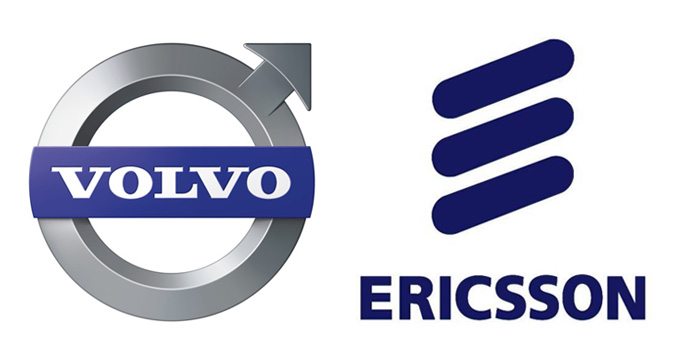Volvo and Ericsson are teaming up to add experiential in-car technology designed to provide the infotainment passengers want in a future of autonomous vehicles.
At the Consumer Electronics Show last month, the two companies announced an joint research and development initiative around intelligent, high-bandwidth in-vehicle streaming.
Diomedes Kastanis, CTO software solutions for Ericsson said: “Ericsson’s platform can use analytics for a range of use cases, including suggesting media content to fit the length of a planned route. We are taking an expansive, innovative approach to autonomous cars, treating them as ‘Internet of Things’ devices that are made smarter by our powerful, analytics-driven approach. Our latest work on this front represents yet another example of Ericsson’s focus on open, agile software that meets the needs of emerging ecosystems.”
In a recent interview withTech Insider, Volvo North America CEO Lex Kerssemakers said the company’s goal is to use technology to ensure people do not die in its vehicles by 2020.
Kerssemakers told the publication Volvo started working seriously on autonomous driving “four or five years ago. It was based on our vision of not getting killed in the car. It was not a popular thing at the time. And gradually, we realized that if we don’t do something like autonomous drive, where we are using all of the technical features we have already, we won’t get to our 2020 vision. We need it. We need autonomous drive.”
In addition to fully autonomous vehicles the company has developed and is testing, Volvo has rolled some autonomous features out to commercially produced vehicles. The 2015 XC90 SUV was the first Volvo vehicle to feature the firm’s Pilot Assist, which brakes and accelerates to match traffic up to 30 mph and follows the line of the car in front of it.
Volvo’s other so-called IntelliSafe features include Adaptive Cruise Control, a 360-degree surround view for maneuvering in tight spaces, Driver Alert Control, smart headlights and more.
Ericsson and Volvo had previously partnered on public transit solutions. Specifically Volvo’s Latin American business unit, which sells buses for public transit, is set to bring electronic intelligence to traffic and passenger management systems. Ericsson will develop, deploy, support and maintain traffic and passenger information management technology, which in turn is designed to enhance urban transport by providing real-time insights into conditions.
Part of Ericsson’s networked industry and society business line, the technology is said to allow bus operators to track the bus fleet and look at travel time, punctuality and where on routes each bus is located. The idea is to tailor the bus routes based on passenger and traffic flow to increase operational efficiency and decrease operational expenses.
For passengers, the partnership is said to enable online access via a smartphone application, text message or voice call, to bus arrival times making for easier travel and, hopefully, increased customer satisfaction.

